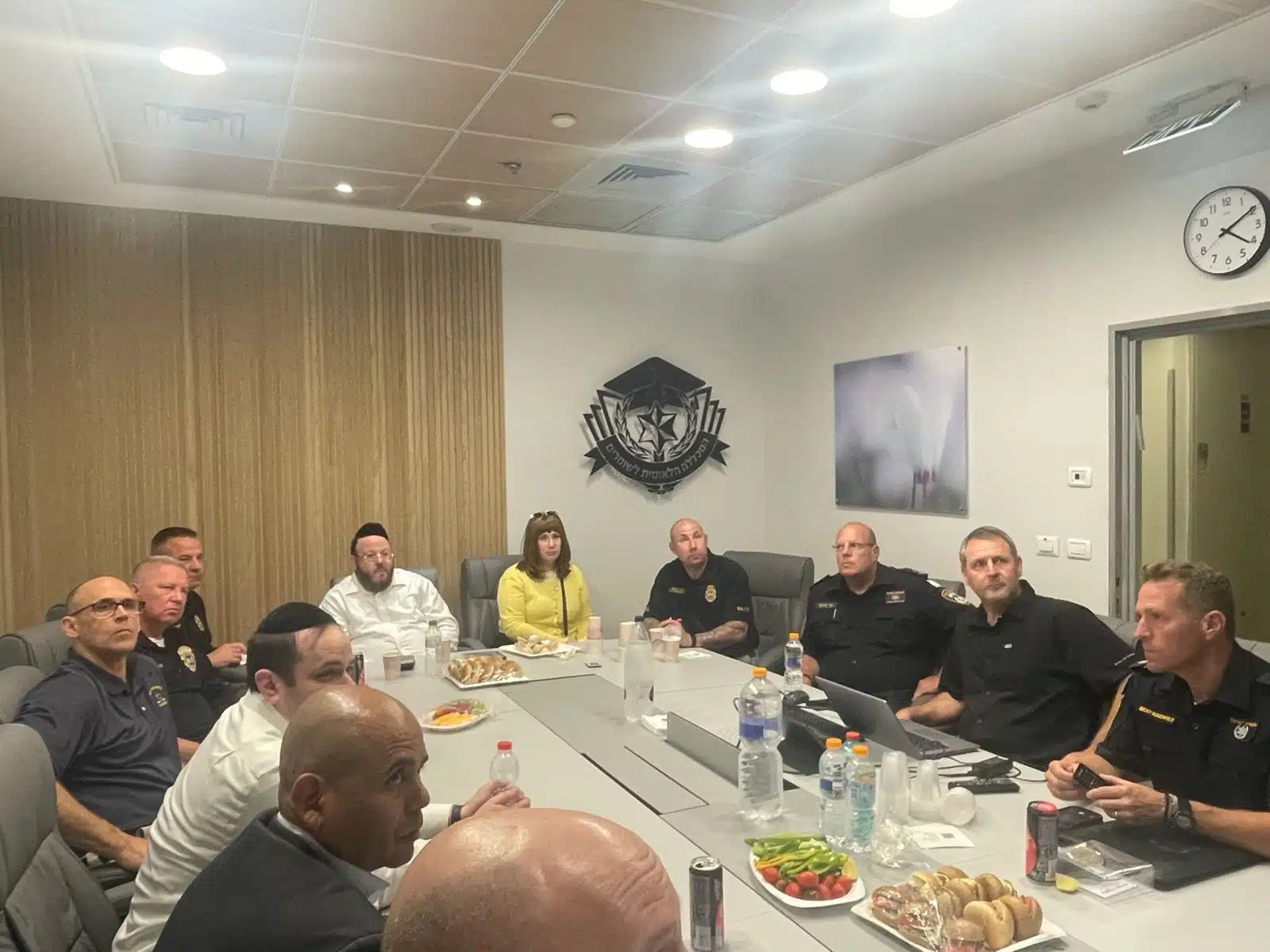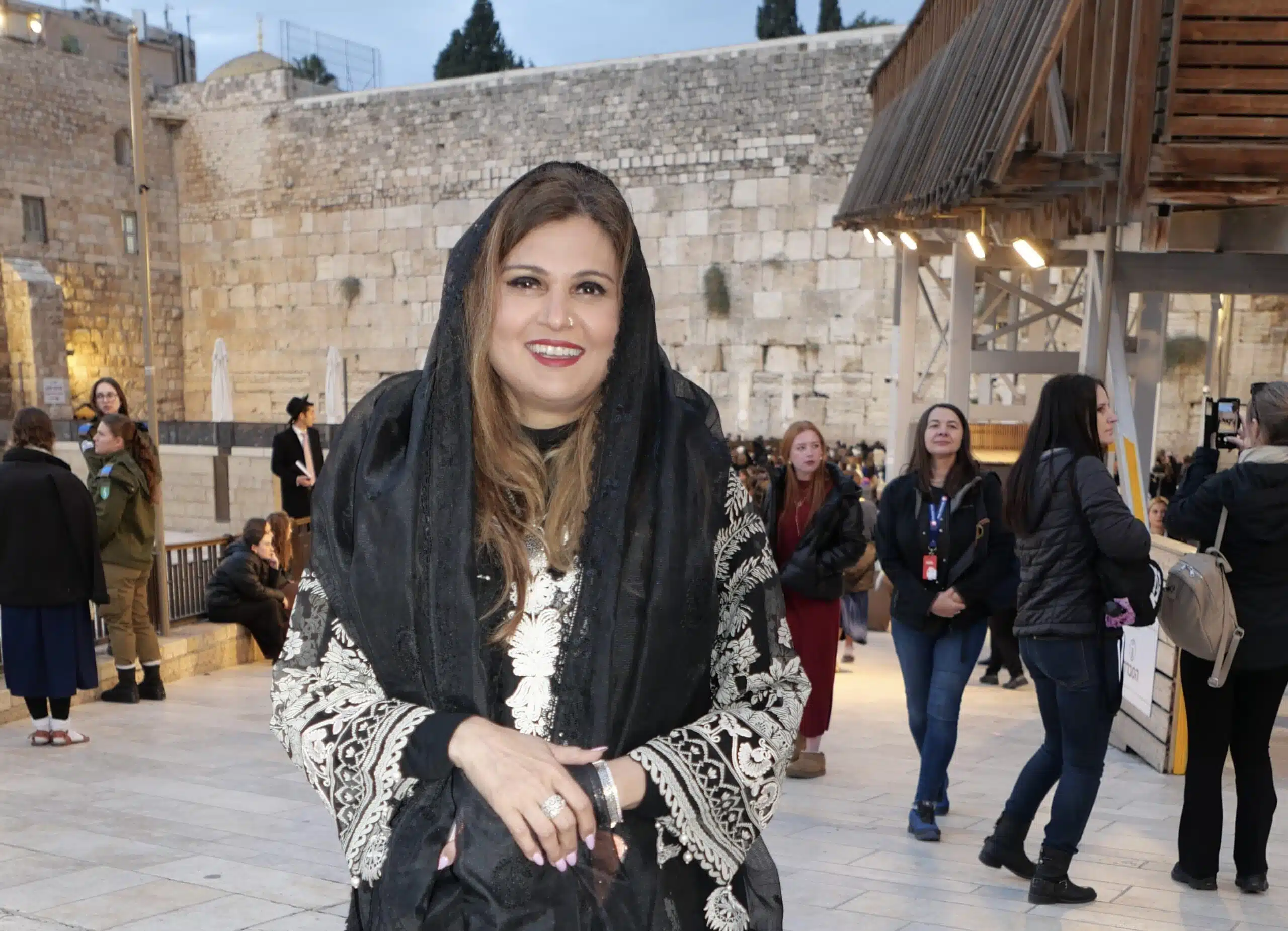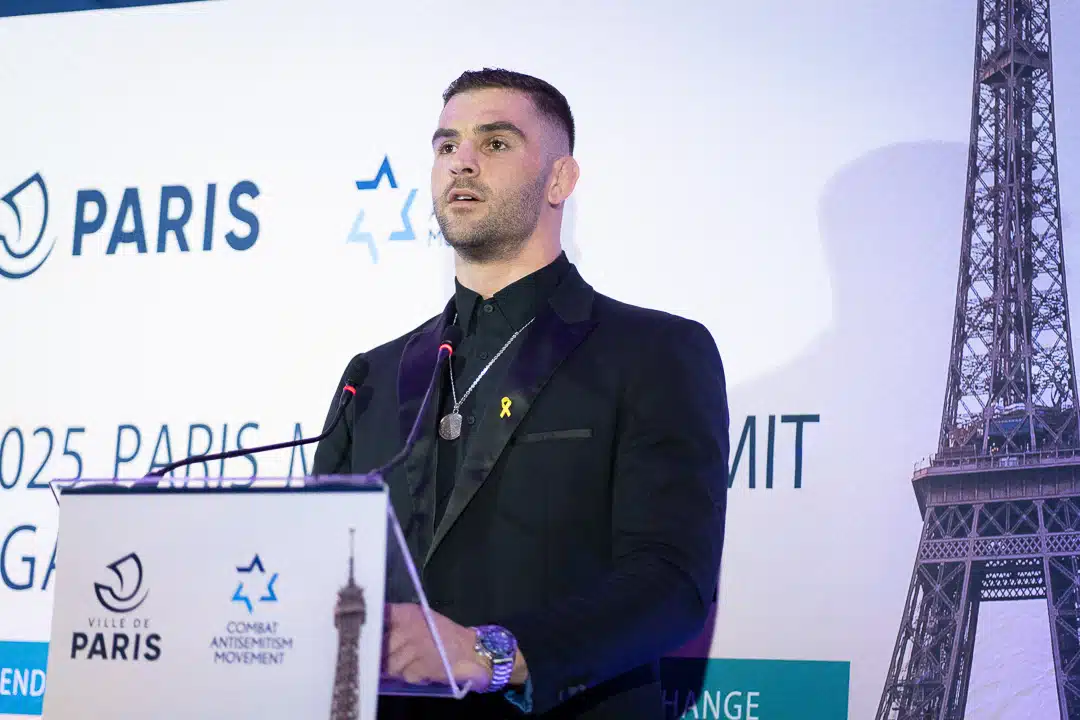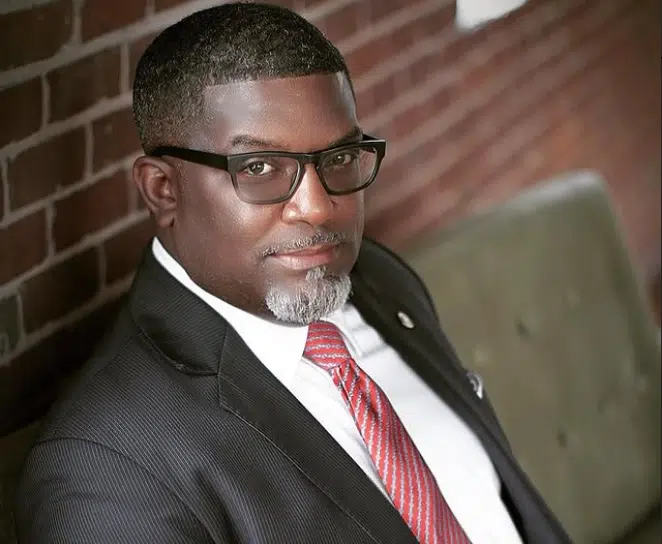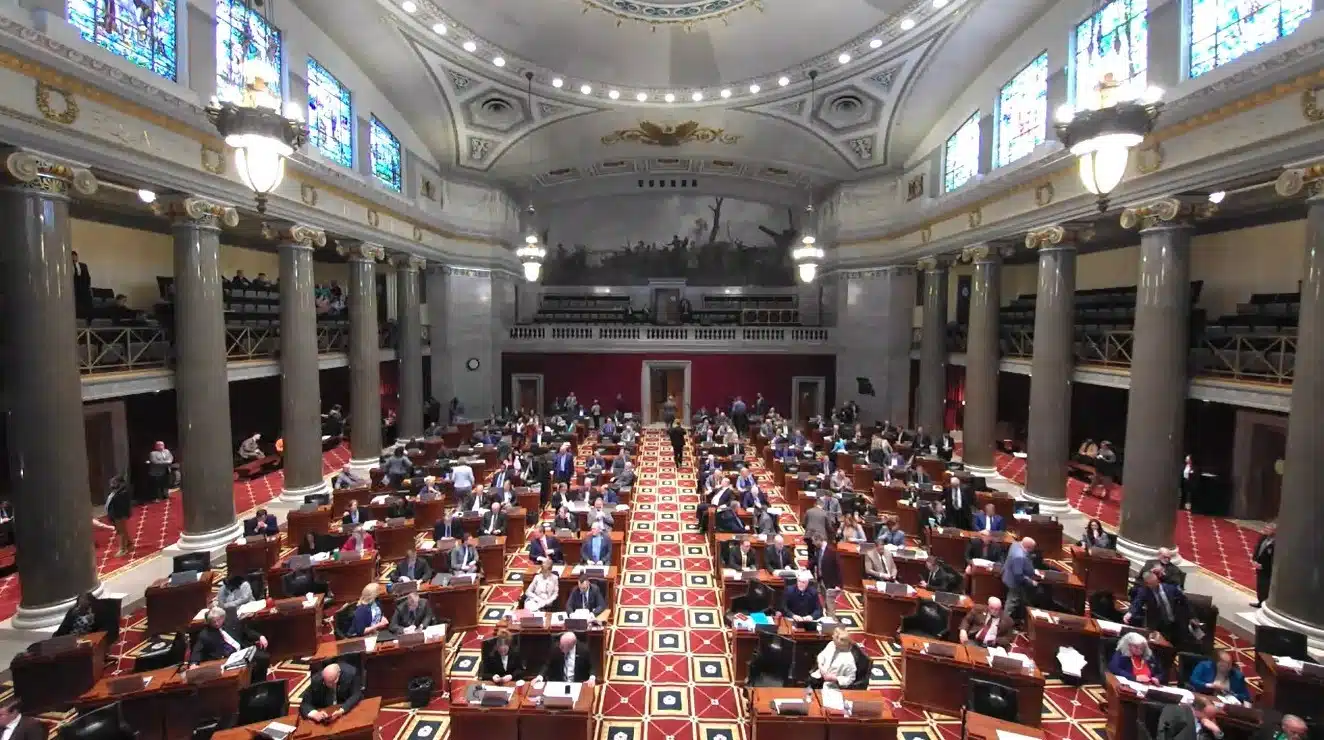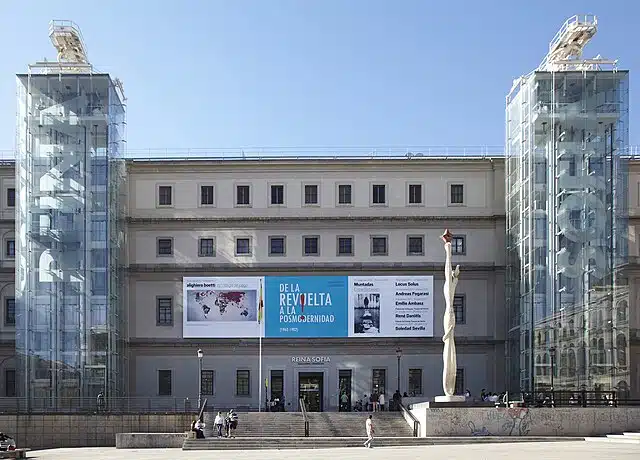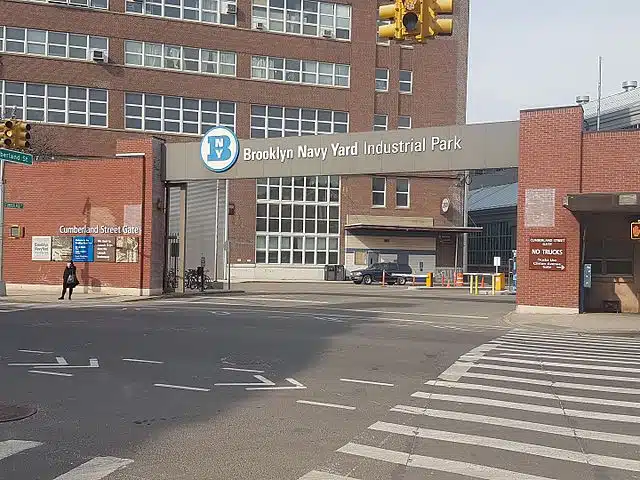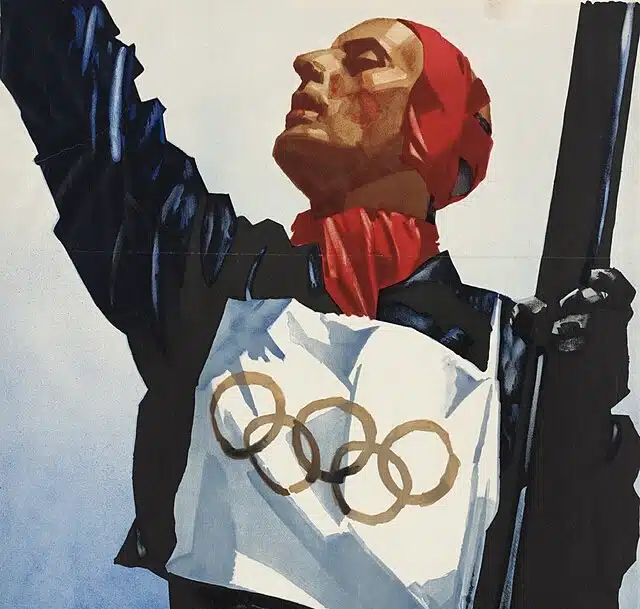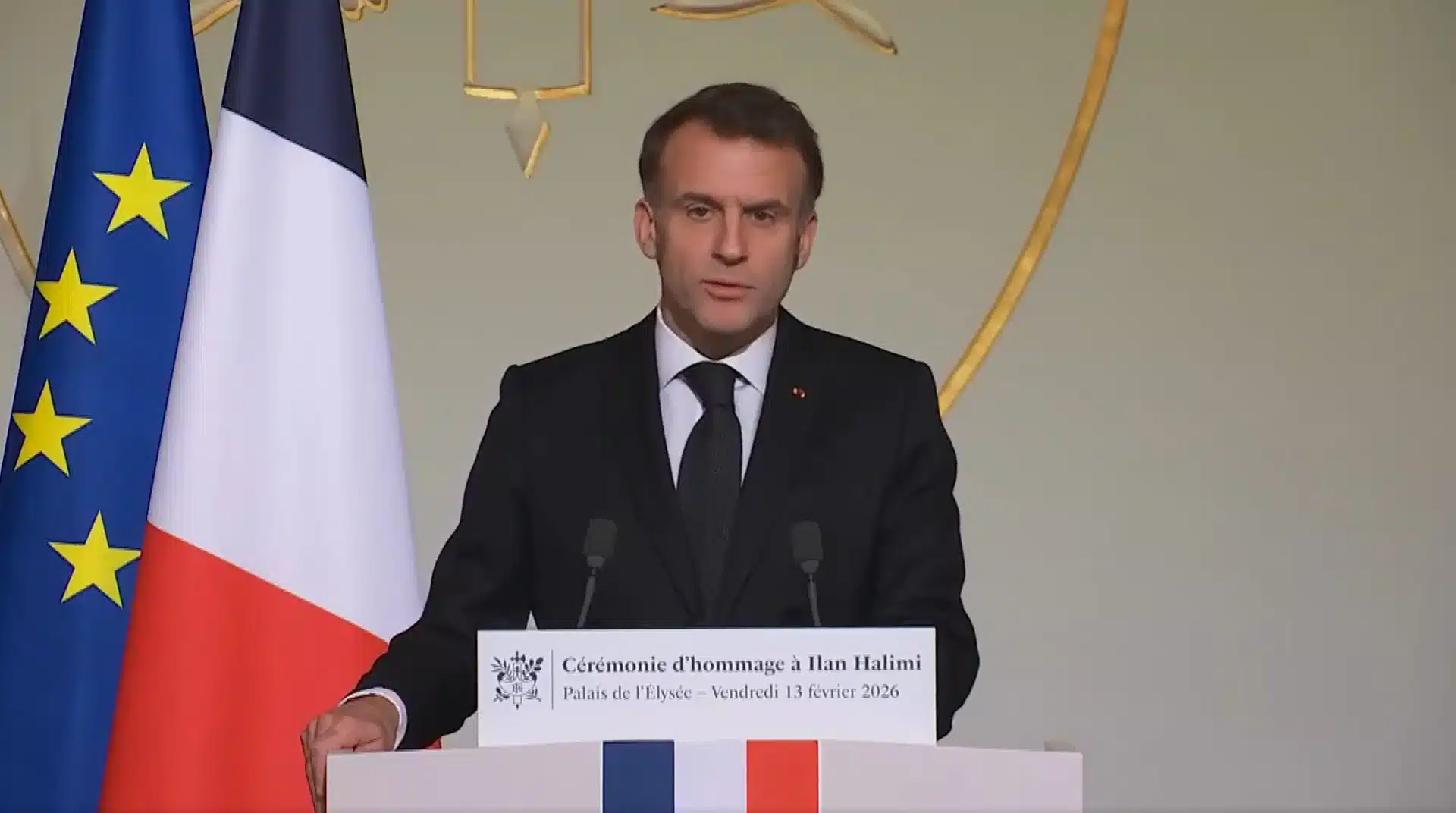|
Getting your Trinity Audio player ready...
|
A delegation of high-level officials from the New York State, City, and Port Authority police officials visited Israel this week on an educational trip organized by the Combat Antisemitism Movement (CAM).
The delegation members participated in mutual learning opportunities with Israeli colleagues, including counterterrorism training sessions and seminars on identifying antisemitism and other forms of extremism. They also traveled to the Gaza border area to witness the aftermath of the October 7th massacre and toured the religious holy sites in Jerusalem.
Among the participants was Port Authority Police Department (PAPD) Inspector Scot E. Pomerantz, who serves as Commanding Officer at John F. Kennedy International Airport — one of the most complex and security environments in the world.
Prior to his return to New York City, Pomerantz spoke with CAM about what the trip meant to him — both as a veteran law enforcement leader committed to safeguarding , and Jew.
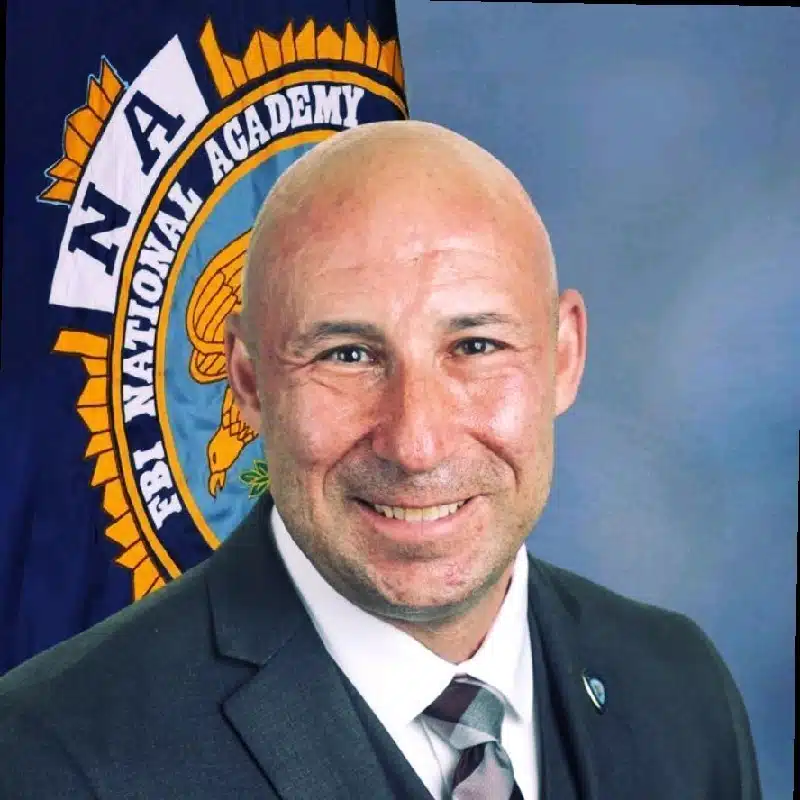
Being in Israel — where security and resilience are part of daily life — offers a unique perspective on protecting a community under threat. For many around the world, these realities are often misunderstood. How has your visit to Israel influenced your approach to safeguarding New Yorkers amid rising antisemitism and global instability?
“Every officer needs to patrol with their eyes wide open,” Pomerantz said. “The goal is to recognize what’s happening around you before a threat presents itself — so we can take the necessary actions to keep everyone safe and secure.”
“At JFK, we’re not just dealing with millions of passengers traveling every year,” he explained. “We also have a significant number of El Al flights arriving and departing daily. Given the current climate, our counterterrorism efforts are critical. We’re constantly focused on ensuring that every traveler == no matter where they’re from — is protected.”
“We serve all communities, and that means understanding the unique threats they face,” Pomerantz added. “Some passengers, such as visibly Orthodox Jews, are more easily identifiable and, unfortunately, more vulnerable. Our officers are trained to be aware of that reality and to act proactively.”
How do you train officers to recognize and respond to hate-motivated threats — including antisemitic speech, slogans, and symbols — and determine when such rhetoric may signal a risk of real-world violence?
“Our officers receive extensive training from Day One,” Pomerantz said. “They go through the police academy, and the learning doesn’t stop there.”
He noted that continuing education kept officers “apprised of ongoing techniques, situational awareness, and the kinds of incidents we may encounter related to bias or hate.”
“When incidents occur, officers respond swiftly, document what they observe, and evaluate every situation based on the facts,” Pomerantz said. “If a follow-up investigation is needed, it’s conducted by our detective or criminal investigation bureau. And if an arrest isn’t made immediately, it can certainly be made after the fact once the evidence supports it.”
He emphasized that vigilance was not a one-time skill but rather an ongoing discipline. “The goal,” Pomerantz said, “is to make sure every officer understands the signs of bias and takes the right steps to prevent hate from escalating into violence.”
As antisemitism increasingly spreads through digital spaces, from social media radicalization to online threats, how does your department detect, prevent, and respond to these challenges?
“At JFK, our situation is unique,” Pomerantz stated. “Within the international terminal complex, we have three active houses of worship — a mosque, a Catholic church, and a Jewish synagogue.” Protecting such diverse and visible institutions, he said, required constant vigilance both virtually and on the ground.
“We have specialized units within the department that monitor social media activity,” he said. “If any threat is detected, especially one targeting a house of worship or the airport itself, we want to know about it immediately so we can act before it materializes.”
That intelligence is paired with visible, proactive security measures. “Our officers conduct directed patrols through the terminals and around the houses of worship,” Pomerantz said. “It’s part of maintaining a layered security system that blends monitoring, deterrence, and rapid response.”
He added that these efforts intensified during sensitive periods. “When major religious observances or high holy days take place, we increase patrols and put additional security parameters in place,” he said. “The idea is to stay one step ahead — online and in person — to make sure everyone who passes through our airport can do so safely.”
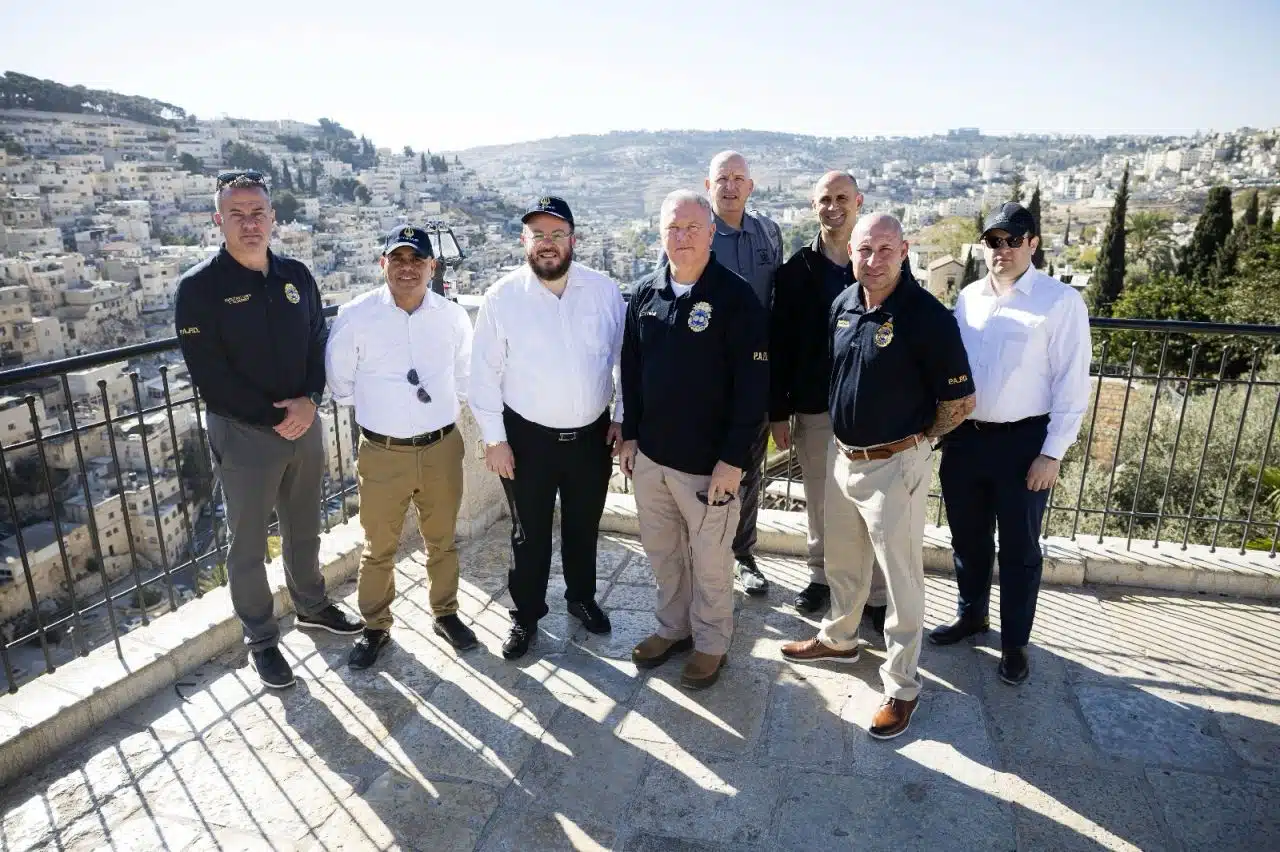
Law enforcement officers often shoulder an immense emotional burden. Wat keeps you grounded — personally and professionally — when the work becomes difficult or the hatred feels relentless?
“Family is a key component of emotional well-being,” Pomerantz said. “Having that support system outside of work is essential.”
He also highlighted the importance of maintaining physical health as part of mental resilience. “For me personally, running and working out help keep my stress levels down and my mind clear,” he shared. “It’s how I stay balanced and ready to lead.”
When you get back home to New York City, what messages or actions do you hope to relay about the meaning of this visit and why the fight against antisemitism matters?
“I’ve always been a strong proponent of standing against terrorism and antisemitism,” Pomerantz said. “But coming to Israel and seeing firsthand what occurred gives me a whole new level of understanding.”
He described the experience of meeting terrorism survivors as transformative. “Hearing from people directly affected — listening to their stories face to face — makes you a witness,” he reflected. “It’s like when you speak with Holocaust survivors. Once you’ve heard them, you carry their testimony forward.”
Drawing a powerful parallel, Pomerantz said the October 7th massacre left an indelible impression. “October 7th was Israel’s 9/11,” he said. “It was a day of terror and tragedy that rises to the same level of severity — a moment the world must never forget.”
He added that his mission now was to bring those lessons home. “When I return, I want my officers to understand what terrorism really looks like, what hate can do, and why vigilance matters,” he said. “Having seen it myself, I can now relate that in a way that’s real — and deeply personal.”
Looking back on the delegation, which moments or encounters had the greatest impact on you — both personally and professionally?
“Personally, as a Jew, having the chance to put on tefillin at the Western Wall was incredibly meaningful,” Pomerantz said. “It was something I’d always wanted to do, and being able to fulfill that on my first visit to Israel made it even more special.”
He added that the professional encounters were equally profound. “Meeting with soldiers from the IDF and officers from local police forces, hearing their firsthand accounts of what they’ve been through — it leaves a deep impression,” he said. “To see their courage up close and understand the challenges they face gives me a whole new perspective on service and sacrifice.”
Pomerantz said those connections will endure long after the delegation ends. “I hope to keep in touch with the people I met here,” he said. “Whether they come to the United States or I return to Israel, I want to continue that dialogue. It’s the start of a meaningful partnership built on shared purpose and respect.”
For Pomerantz, the delegation visit to Israel was more than a professional exchange — it was a moment of reckoning and renewal. “Now I’m a witness,” he said. “And that means carrying the truth forward.”
—
CAM works hand-in-hand with law enforcement authorities on a daily basis to secure and nurture Jewish life across the globe.
As part of this program, CAM has hosted specialized antisemitism training sessions for police and public safety professionals in New York, Ohio, Virginia, and Florida over the past year.

